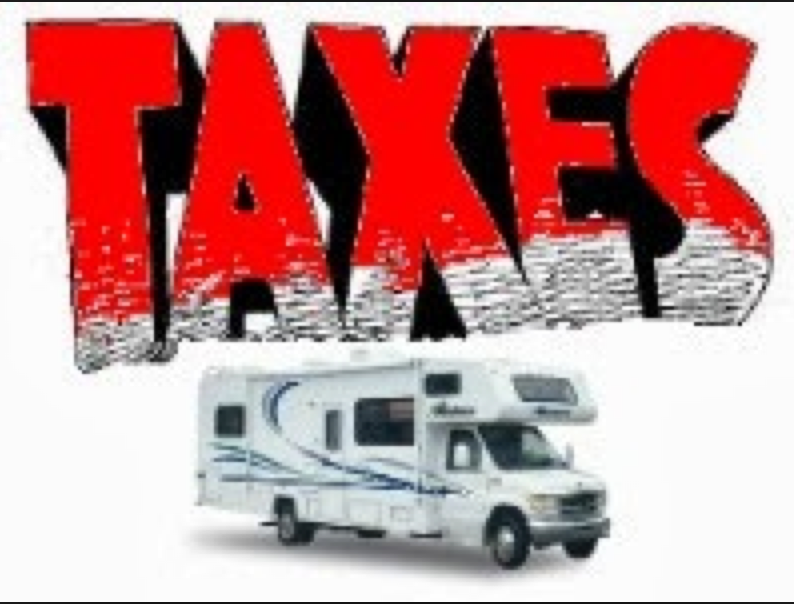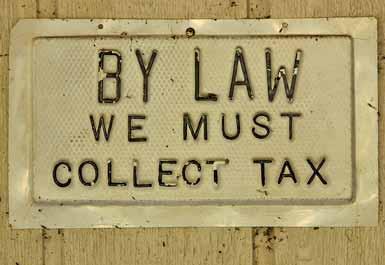Taxes and Fees for RVs Can Be Very Confusing
 One of the most confusing aspects of buying an RV is the vast differences paid in sales tax and various licensing fees.
One of the most confusing aspects of buying an RV is the vast differences paid in sales tax and various licensing fees.
And many states do what is called “double dipping,” charging full sales tax when you buy the vehicle, and then again charging you tax on the full purchase price of a new one when you you trade it in, ignoring the trade-in price.
It doesn’t take a genius to know that it is patently unfair.
In Michigan at least, that double dip tax is about to go away. State lawmakers are getting ready to send a big change in vehicle taxes to Governor Rick Snyder’s desk. The bills would cut the amount of sales tax people pay on cars, boats and recreational vehicles when they trade in another.
Right now, the full purchase price is taxed. The legislation would gradually change that to eliminate the value of the trade-in from the full purchase price for taxes.
But the taxing differences and inequities still abound, state-to-state.
Montana, for example, is a state with no sales tax. And Montana law allows for a Montana corporation to register vehicles in the state. Thus, a whole cottage industry has built up that allows RV owners to avoid sales and use tax and often stiff registration fees in the owner’s home state. Thousands of RV owners around the country do this and dozens of Montana legal firms specialize in making it happen.
Some states have sales taxes, others don’t. So what if you live in a state that does have an RV sales tax, but buy in one that doesn’t? That’s called a cross-state sale. And each state has different rules about cross-state sales. Sales on the trade-in differences also vary from place to place. Some states charge on the difference between the trade-in value and the original purchase price. Some on the full trade-in.
But what if you full-time? At least a million RVers do full-time. But for taxation purposes, everyone has to have a legal domicile. But where? Many RVers choose a state with no income taxes and low taxes and fees on licensing and registration like South Dakota. Alas, that state has recently stated scrutinizing those who are RV full-timers – they call them “nomads” – but the process is still available. Here’s a site with some detailed info.
All this is to say that given the cost of today’s RVs and the wide discrepancies on taxation and licensing fees, there’s a lot to consider when investing in an RV and the RV lifestyle.
I’d love to hear how you have handled the domicile, tax and fee issues in your RVing life. Use comments below.




4 Comments
Recommended Comments
Please sign in to comment
You will be able to leave a comment after signing in
Sign In Now